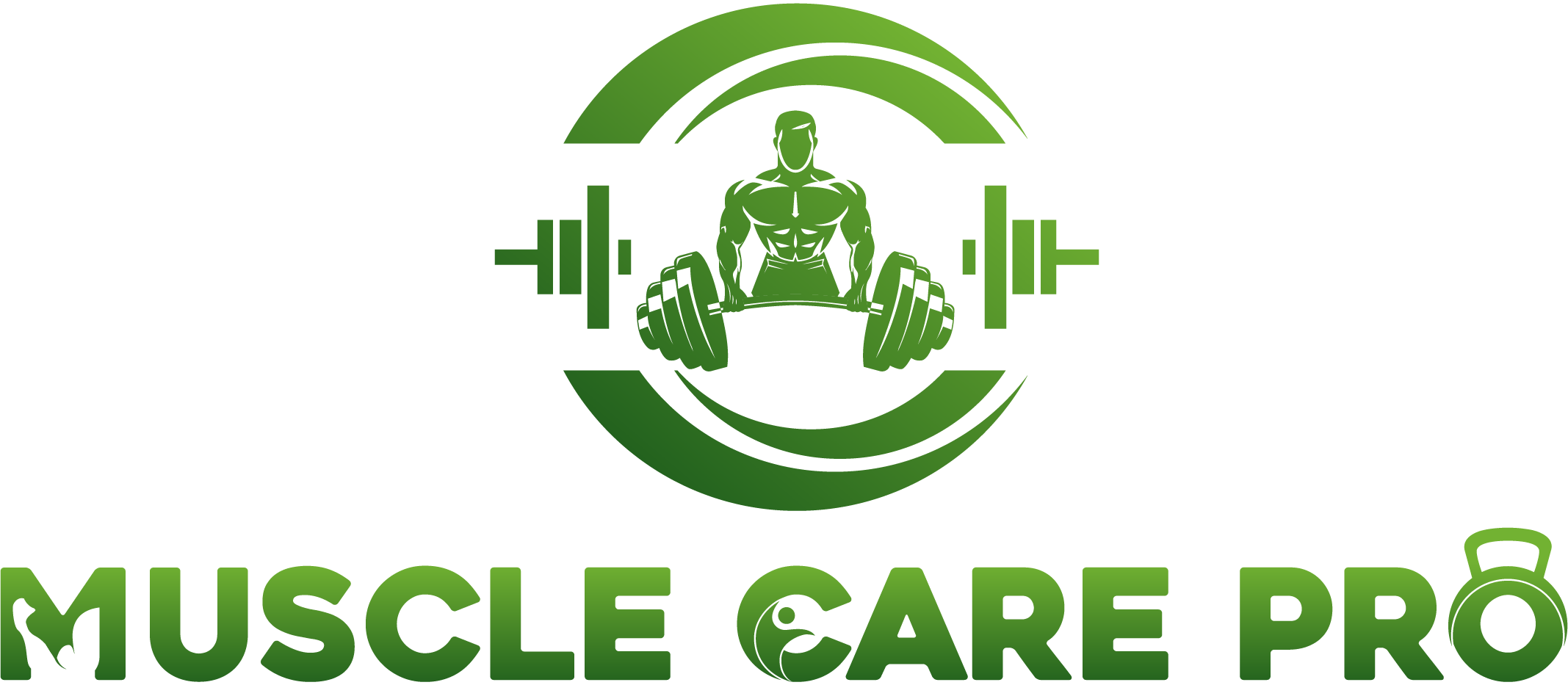Best Protein Powders for Female Weight Gain Without Side Effects
Introduction
For women looking to gain healthy weight, protein powders can be a valuable part of the journey. Unlike weight-loss-centered products, weight-gain protein powders are tailored to provide the additional calories, proteins, and nutrients needed for building lean muscle and increasing mass. However, it’s important to select protein powders that are not only effective but also gentle on the body to avoid unwanted side effects.
Why Protein Is Key for Female Weight Gain
Protein plays an essential role in building and repairing muscle, a critical factor in healthy weight gain. For women aiming to gain weight without excess fat, protein can help enhance muscle growth when paired with proper strength training. Additionally, protein helps you feel full for longer, reducing unhealthy snacking and ensuring that calorie intake comes from nutritious sources.
What to Look for in a Protein Powder for Weight Gain
When choosing a protein powder for weight gain, consider these factors:
- High-Calorie Content: To gain weight, you need to consume more calories than you burn. Look for protein powders with added carbohydrates and fats to boost calorie intake.
- Complete Protein Source: Aim for a complete protein with all nine essential amino acids, such as whey or a blend of plant proteins.
- Digestibility: Opt for easily digestible proteins like whey or isolate forms to avoid stomach discomfort.
- No Harmful Additives: Avoid artificial sweeteners, preservatives, and high amounts of sugar.
- Quality Ingredients: Choose protein powders with simple, high-quality ingredients that offer essential vitamins and minerals.
Types of Protein Powders for Female Weight Gain
Here are some of the best types of protein powders for weight gain and how to avoid potential side effects.
1. Whey Protein
- Pros: Whey protein is fast-digesting and rich in all essential amino acids. Its high leucine content makes it ideal for promoting muscle protein synthesis.
- Side Effects: While generally safe, some women may experience bloating or digestive issues, especially if they’re lactose intolerant. Whey protein isolate (a more refined form) can minimize these side effects.
- Recommendation: Choose whey protein without added sugars or artificial sweeteners to keep it clean and safe.
2. Casein Protein
- Pros: Casein protein digests slowly, making it an excellent choice for nighttime consumption to sustain muscle recovery during sleep. It’s also rich in calcium and keeps you feeling full for longer.
- Side Effects: Like whey, it may not suit those with lactose intolerance. Some people may experience mild bloating.
- Recommendation: Opt for high-quality, minimally processed casein protein for the best results.
3. Plant-Based Proteins
- Pros: Plant-based proteins, such as pea, hemp, or brown rice protein, are ideal for women who are lactose intolerant or vegan. They often include nutrients like iron and fiber, which aid digestion and are gentle on the stomach.
- Side Effects: While generally well-tolerated, plant proteins may have a grainy texture. Mixing different plant proteins can provide a complete amino acid profile and better consistency.
- Recommendation: Look for blended plant proteins (like pea and rice) to ensure you get all essential amino acids.
4. Egg White Protein
- Pros: Egg white protein is a complete protein, rich in essential amino acids, and easy on the digestive system. It has a low-calorie profile but can be paired with other calorie sources for higher intake.
- Side Effects: It typically has fewer side effects than dairy proteins, but individuals with egg allergies should avoid it.
- Recommendation: Ensure the product is minimally processed and free from added sugars or fillers.
Top Protein Powder Picks for Female Weight Gain
-
Optimum Nutrition Gold Standard Whey
- Benefits: Known for its purity and high-quality ingredients. It’s excellent for muscle building and includes a mix of whey isolate and concentrate.
- Calorie Content: Moderate calories; can be mixed with calorie-dense foods like oats or fruits.
- Drawbacks: Contains dairy, so those with lactose issues might prefer an isolate version.
-
Garden of Life Organic Plant-Based Protein
- Benefits: Made from pea, quinoa, and flaxseed, this protein powder is organic and free from synthetic ingredients. It’s ideal for vegans or those sensitive to dairy.
- Calorie Content: Moderate, but rich in fiber and nutrients.
- Drawbacks: Slightly grainy texture; best when blended with other ingredients.
-
Dymatize Super Mass Gainer
- Benefits: Specifically designed for weight gain, with a high-calorie profile and added BCAAs for muscle recovery.
- Calorie Content: High, making it effective for those struggling to meet calorie goals.
- Drawbacks: Higher calorie content may not be suitable for those focused solely on muscle gain without fat.
-
Naked Mass (Naked Nutrition)
- Benefits: A clean mass gainer with minimal ingredients, containing only whey protein, casein, and organic maltodextrin for added calories.
- Calorie Content: High, with no artificial additives or sugars.
- Drawbacks: Not suitable for those avoiding dairy.
Tips for Using Protein Powders to Gain Weight Without Side Effects
- Start Slowly: Begin with a half serving to allow your body to adjust, especially if you’re new to protein powders. Gradually increase the serving size over a week.
- Pair with Whole Foods: Mix protein powder with calorie-dense, nutritious meals (e.g., bananas, oats, or nut butter) to enhance calorie intake and nutrient density.
- Stay Hydrated: Protein intake increases water requirements. Drink enough water to support digestion and kidney function.
- Avoid Excessive Protein: Too much protein can strain the kidneys and cause digestive discomfort. Aim for 1.2 to 2 grams of protein per kilogram of body weight, depending on activity level.
- Time It Right: Consuming protein after exercise aids muscle recovery and growth. Casein, in particular, is ideal before bed as it releases amino acids over several hours.
- Consider Digestive Enzymes: Some protein powders include digestive enzymes to help break down protein efficiently, reducing potential discomfort.











